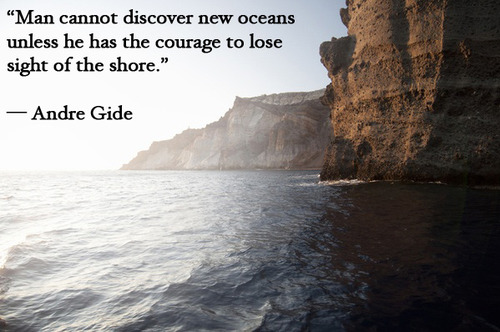
I’ve always felt that change was a competitive advantage. In the early 1990’s, I witnessed the introduction of the internet and believed it would have a profound effect on both media relations and public relations. To better understand this change, I felt it critical to study the internet’s growth and impact on journalism. That is why I contacted professor Steve Ross of the Columbia University Graduate School of Journalism and conducted, for the next 10 years, the largest survey of journalists in the world. I wanted to determine whether the internet was a passing fancy or would, in fact, forever alter public relations. The research results proved conclusively that it was the latter and I set about to completely refocus the way my firm communicated with journalists and all our key constituencies. It turned out to be the best thing I could ever do for our clients and our agency.
In the late 2000’s I felt that same way about social media. And I again conducted journalist research, this time with the Society of New Communications Research, to try and gauge social media’s development and potential impact on our industry. When the research clearly showed the enormous impact social media was having on journalism, I again changed my firm’s fundamental business model. That is why this year, I became principal and CEO of the social media agency Laundry Service. Today, both agencies are housed under the same roof and work hand-in-glove on all client accounts.
There is only one way change can be effectively implemented throughout an organization, and that is from the passion and commitment of the CEO. Bill Gates did the very same thing when he announced to the entire Microsoft organization in the late 1990’s that “it is all about the internet.“
Change – real, meaningful change – has to be part of an organization’s culture. It is important that everyone not just accept the CEO’s vision but believe as passionately about change as he or she does. People who resist change belong elsewhere. I’ve been fortunate to have experienced the two greatest communications developments – the rise of internet and social media – in my lifetime (the printing press, radio and television were comparable communications revolutions).
I’ve radically changed the culture and business models of two agencies in two different decades. In both cases, they have succeeded beyond my expectations. Neither would had been successful were it not for the culture of change that allowed each agency to identify, adapt and succeed in completely different environments.